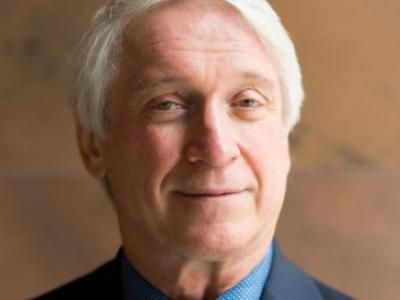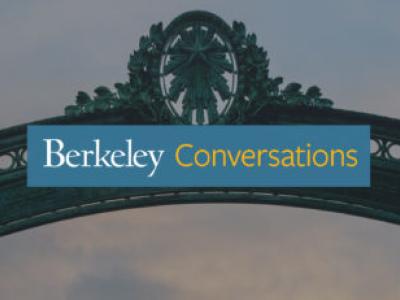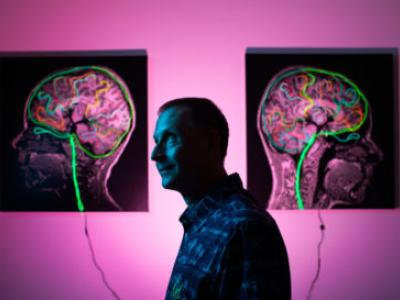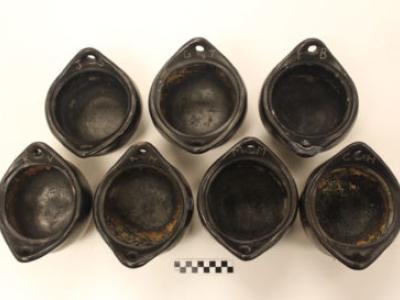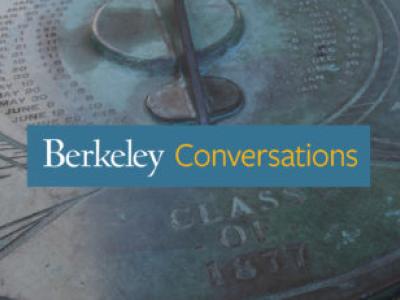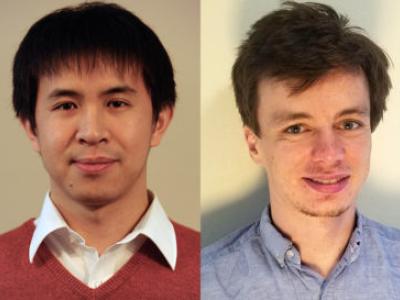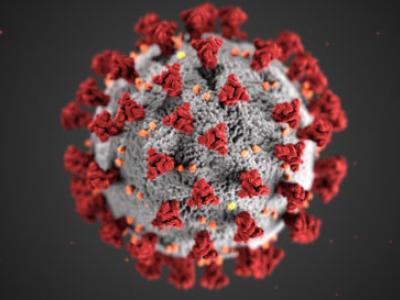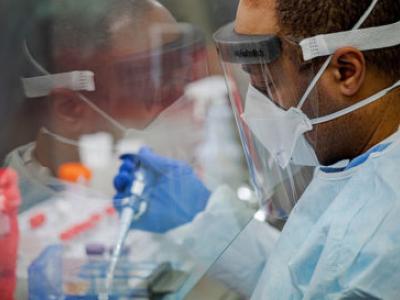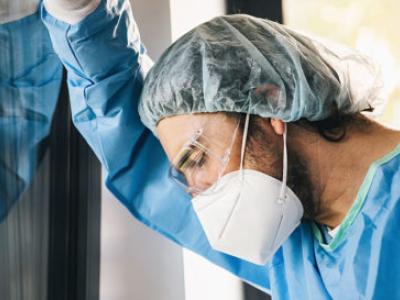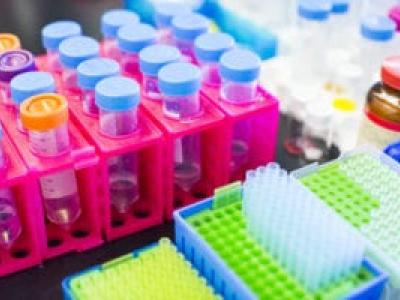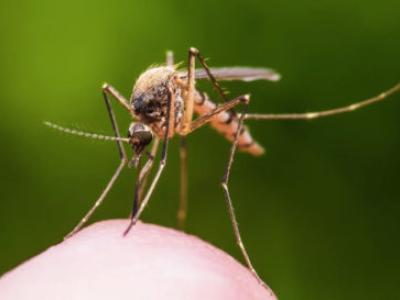Solar flares are violent explosions on the sun that fling out high-energy charged particles, sometimes toward Earth, where they disrupt communications and endanger satellites and astronauts.
Research News
Learn more about UC Berkeley's researchers and innovators.
Showing 1233 - 1248 of 3507 Results
Two new grants totaling nearly $14 million over three years will jump-start research at UC Berkeley into the molecular and genetic causes of Parkinson’s disease, a neurodegenerative disorder that afflicts more than 1 million Americans, yet whose cause remains a mystery.
“Shot in the Head,” a new report led by UC Berkeley researcher, adjunct professor and Oakland emergency room doctor Rohini Haar, details the life-threatening injuries that can occur when law enforcement officers deploy kinetic impact projectiles (KIPs) — crowd-control weapons classified as “less lethal” that range from rubber and plastic bullets to bean bag, sponge and pellet rounds.
UC Berkeley psychologist Stephen Hinshaw has won the National Academy of Medicine’s 2020 Rhoda and Bernard Sarnat International Prize in Mental Health for his contributions to the understanding and treatment of mental health conditions in childhood and adolescence and for his efforts to reduce the stigma of mental illness.
Scientists in the United States spent centuries attempting to find biological differences among racial groups to justify an imagined hierarchy, but it’s past time to dismantle the systems created on those unfounded principles, a panel of experts explained on Friday at a UC Berkeley online event.
Fifty years after political and cultural winds slammed shut the doors on psychedelic research, UC Berkeley is making up for lost time by launching the campus’s first center for psychedelic science and public education.
With $1.25 million in seed funding from an anonymous donor, the new UC Berkeley Center for the Science of Psychedelics will conduct research using psychedelics to investigate cognition, perception and emotion and their biological bases in the human brain.
If you happen to dig up an ancient ceramic cooking pot, don’t clean it. Chances are, it contains the culinary secrets of the past.
A research team led by UC Berkeley archaeologists has discovered that unglazed ceramic cookware can retain the residue of not just the last supper cooked, but, potentially, earlier dishes cooked across a pot’s lifetime, opening a window onto the past.
Deeply-grooved roadblocks to racial equity in K-12 education — and ways to surmount them — were the focal point of a compelling, livestreamed Berkeley Conversations event with four experts on Monday.
Prudence Carter, dean of UC Berkeley’s Graduate School of Education, used key historical moments to show where she said opportunities to recalibrate a “continual cycle of accumulated disadvantage” went awry.
Two recently arrived faculty members, Song Sun in mathematics and Geoff Penington in physics, are among 12 early-career scientists sharing New Horizons Prizes, which are awarded each year by the Breakthrough Foundation.
More than 100 companies have rushed into vaccine development against COVID-19 as the U.S. government pushes for a vaccine rollout at “warp speed” — possibly by the end of the year — but the bar set for an effective, long-lasting vaccine is far too low and may prove dangerous, according to Marc Hellerstein of the University of California, Berkeley.
The United States may have experienced more than 6.4 million cases of COVID-19 by April 18, 2020, according to a probability analysis conducted by UC Berkeley School of Public Health researchers and published in Nature Communications. That is nine time more than the number of confirmed cases in the same period, which was 721,245.
What would you do if you knew how long you had until Alzheimer’s disease set in? Don’t despair. New UC Berkeley research suggests one defense against this virulent form of dementia — for which no treatment currently exists — is deep, restorative sleep, and plenty of it.
With workplaces disrupted by the pandemic, it’s the perfect opportunity to rethink work cultures.
Christopher Jackson, a graduate student in the Landry Lab at QB3-Berkeley, explores how a better understanding of nanotechnology interactions with biological systems can improve neuroimaging and COVID-19 testing.
The evidence is in: Nice guys and gals don’t finish last, and being a selfish jerk doesn’t get you ahead.
That’s the clear conclusion from research that tracked disagreeable people—those with selfish, combative, manipulative personalities—from college or graduate school to where they landed in their careers about 14 years later.
A 27-month trial in Indonesia of a unique method of mosquito control shows that the strategy can reduce the incidence of dengue — a mosquito-borne viral disease of the tropics that threatens nearly half the world’s population — by 77%.




